Every cannabinoid comes from somewhere. Often, that somewhere is from another cannabinoid entirely, as one is converted into the other when components are added or removed.
Researchers have uncovered several acidic precursors in cannabis: THCA, CBGA, and CBDA. As the so-called “mother cannabinoid,” CBGA is the origin of all our favorite recreational and medical cannabinoids, including THC and CBD.
Other acids are intermediaries in the process. Before CBGA becomes CBD, it converts into CBDA, an oxygen-rich compound. The CBDA cannabinoid may share a handful of uses and benefits with CBD. Their potency appears to vary at points; this is most noticeable when you look at their anti-nausea and anti-anxiety effects.
While CBDA oils and capsules are similar to their CBD product equivalents, there are also some major distinctions. Here’s what we know so far and what users can expect from CBDA cannabis products.
What is CBDA?
Cannabidiolic acid (CBDA) is the acidic precursor to CBD, converting into the latter with age or heat exposure. Raw, unconverted CBDA is most commonly found in flowering hemp buds.
CBD and CBDA are structurally almost identical, with only the addition of a carboxylic acid group in CBDA separating them. Removal of this group—consisting of two oxygens and a carbon atom—turns the CBDA molecule into CBD.
CBDA is highly abundant in the hemp plant, but it’s a chemically unstable substance that can be challenging to extract. Chemists must avoid high temperatures at all stages to avoid conversion to CBD. Extraction takes expertise but is possible using either water or solvents.
CBDA products are available in a limited number of forms. Since the substance is unstable and turns into CBD when heat is applied, vape carts can’t deliver the raw cannabinoid. If you want the real thing, look for full- or broad-spectrum oils, topicals, or capsules. Products labeled “raw CBDA” are your best bet.
Does CBDA get you high?
CBDA does not get you high. Like CBD, CBDA binds poorly to CB1 and CB2 receptors in the body. You won’t experience psychoactive effects after consuming CBDA products.
Psychoactive hemp is an option for those looking to get high. Delta 8 products are a go-to for many weed vapers. Other options include HHC products, such as HHC vape carts or HHC disposables.
What are the effects of CBDA?
Research supporting CBDA benefits is thin at this point, especially compared to CBD. But what we do know appears quite promising.
There’s some evidence that CBDA has significant antimicrobial effects, although, in one study, CBDA was less effective than CBD. Both cannabinoids may be useful in treating drug-resistant bacterial diseases like MRSA, but CBD’s impact was considerably more pronounced. CBDA’s anti-inflammatory capabilities also don’t quite measure up to those of CBD.
CBDA may shine brighter when used to treat seizures. As an anticonvulsant, CBDA performed comparably to CBD during in vivo testing. However, there was no indication that CBDA was more effective than its decarboxylated form. Potency was further increased by the inclusion of terpenes and minor cannabinoids. When consumed together, CBDA and these cannabinoids create the entourage effect: cannabis derivatives coming together to boost overall potency.
One area where CBDA may outperform CBD is acute nausea prevention. More research is needed to confirm its effectiveness, but it could help reduce chemotherapy-related nausea.
Finally, CBDA may have neuroprotective and anti-anxiety properties. It could mitigate memory loss in those with degenerative neurological conditions like Alzheimer’s. Regarding anxiety, CBDA may outperform CBD in alleviating trauma-induced behaviors. We have reason to keep investigating, but it’s too early to draw conclusions in either area.
Anecdotes describe CBDA as being much the same as CBD. Outside of its potential medical applications, users claim that the cannabinoid has a relaxing effect on the body, both mentally and physically.
CBDA side effects
The side effects of CBDA aren’t yet clinically understood. We really only have anecdotes to go off of, but the experience seems to be nearly identical to CBD.
You might encounter the following side effects of CBDA consumption:
- Sleepiness or fatigue
- Dry mouth
- Headaches
- Gastro-intestinal (GI) disturbance
- Mood changes
- Low blood pressure
Side effects are generally mild. If you experience serious side effects after ingesting CBDA products, immediately cease use.
CBDA vs CBD
The primary difference between CBDA and CBD is undeniable: CBD has undergone much more research.
Various potential medical uses have been linked to both cannabinoids, including seizure treatment, anti-inflammation, or neuroprotection. As of this moment, there is simply more research available on CBD’s effectiveness in treating these conditions. There’s even an FDA-approved anticonvulsant derived from CBD, commonly used to treat seizure disorders like Lennox-Gastaut syndrome (LGS). No such medication exists for CBDA—or any other cannabinoid, for that matter.
CBD is likely more effective at alleviating inflammation and bacterial diseases, though CBDA may be the superior choice for acute or anticipatory nausea. One study found that CBDA could be up to 1,000 times as powerful as CBD—an extreme claim on the surface, but one that has given CBDA deserved scientific attention. There is more research on the horizon for CBDA.
CBDA is CBD’s immediate chemical precursor—its parent, if you will. All that sets them apart is a single carboxylic acid group. It isn’t difficult to get rid of this feature and create CBD. In fact, that conversion is a natural part of the cannabis plant’s life cycle, and heat or oxygen speed up the process.
By extension, CBDA is chemically unstable compared to CBD. It is difficult to extract without conversion happening along the way.
Will CBDA show up on a drug test?
No, CBDA won’t show up on a standard drug test, including urinalysis.
Just keep a few caveats in mind. While CBDA on its own won’t make you fail a drug screening, some hemp products contain THC, and some CBDA products feature a blend of cannabinoids. If your capsules include a mixture of CBDA and delta 8 THC, for example, don’t expect to pass your test.
Delta 8 THC and other intoxicating hemp-derived cannabinoids produce the same metabolites as marijuana-derived delta 9 THC. These metabolites are stored in fat cells for several weeks, and the only way to flush them out is to abstain from cannabis products.
Is CBDA legal?
Yes, CBDA products are federally legal under the 2018 Farm Bill. This legislation legalized the production and sale of hemp derivatives in the United States, as long as the product contains less than 0.3% delta 9 THC by dry weight. (State laws on hemp products may vary.)
Shop responsibly and only order from trusted retailers with transparent safety testing. If there’s no certificate of analysis (COA), the CBDA product isn’t worth the risk. Third-party lab testing ensures that your product is filler-free and contains the advertised cannabinoids.
President Trump promised during his election campaign to “save vaping," but his administration has undermined that goal at every turn.
The U.S. disposable vape market has grown to $2 billion in annual sales, although nearly none of the products are authorized by the FDA.
More than 30 bills that would impose severe restrictions vaping consumers’ product choices remain active in U.S. state legislatures.
The Freemax REXA PRO and REXA SMART are highly advanced pod vapes, offering seemingly endless features, beautiful touchscreens, and new DUOMAX pods.
The OXVA XLIM Pro 2 DNA is powered by a custom-made Evolv DNA chipset, offering a Replay function and dry hit protection. Read our review to find out more.
The SKE Bar is a 2 mL replaceable pod vape with a 500 mAh battery, a 1.2-ohm mesh coil, and 35 flavors to choose from in 2% nicotine.

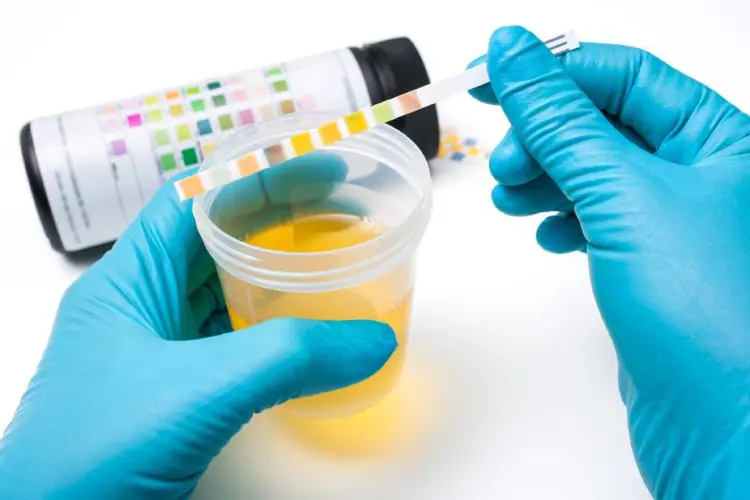

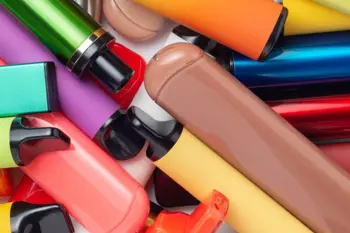




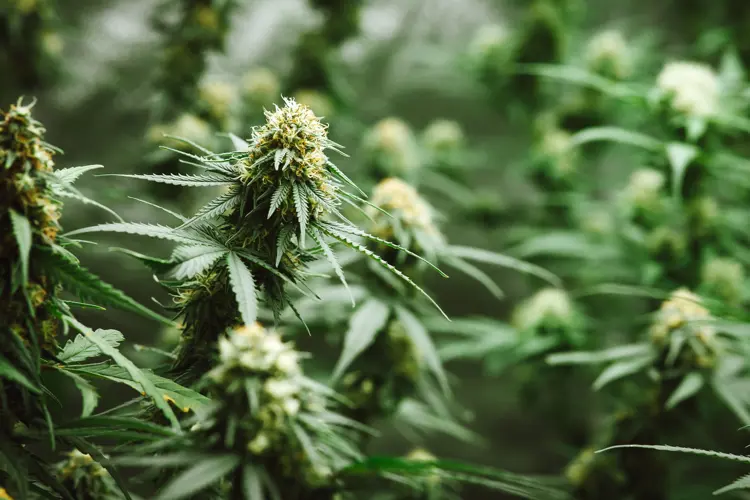
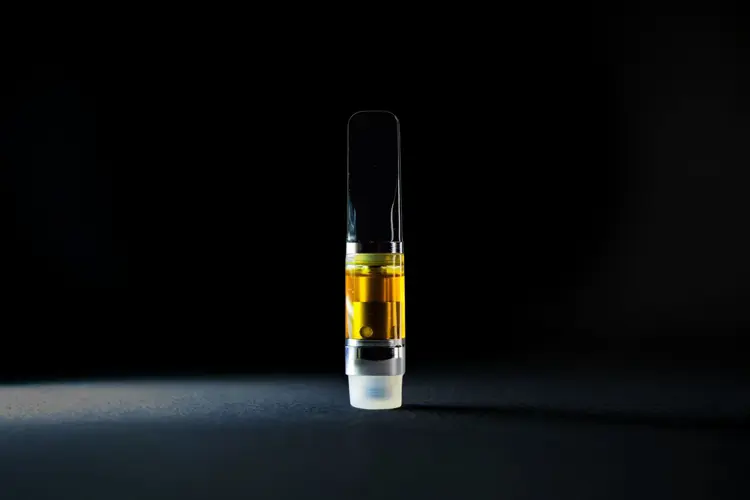
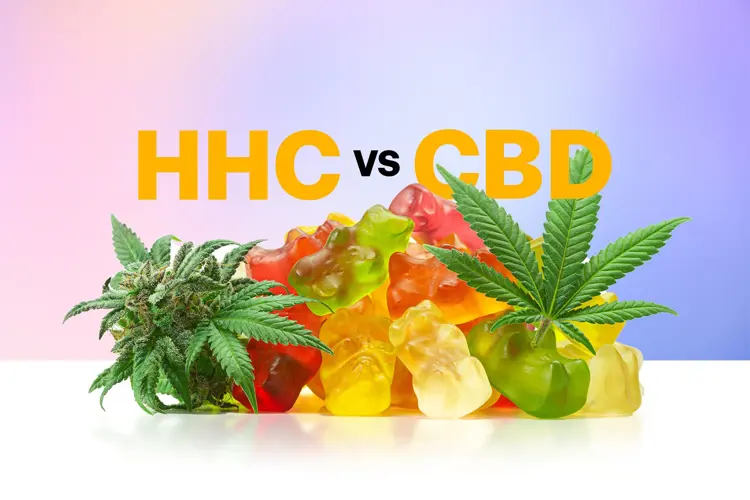
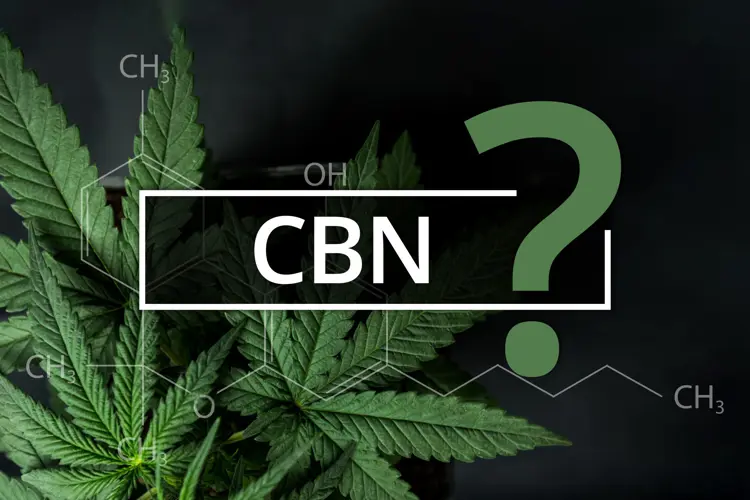
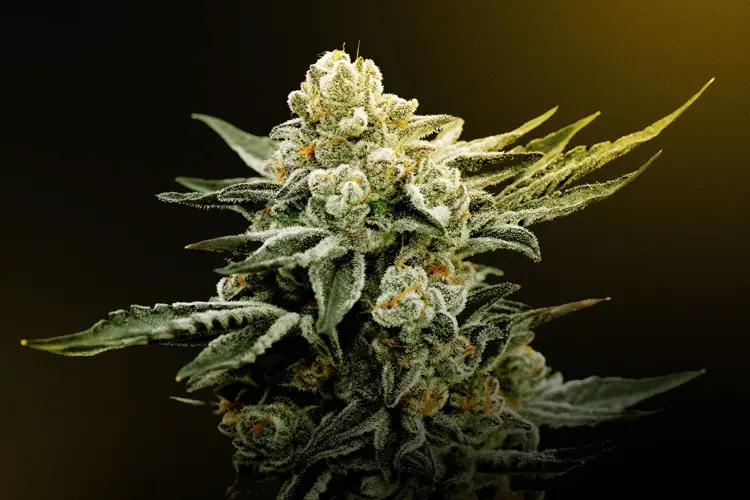
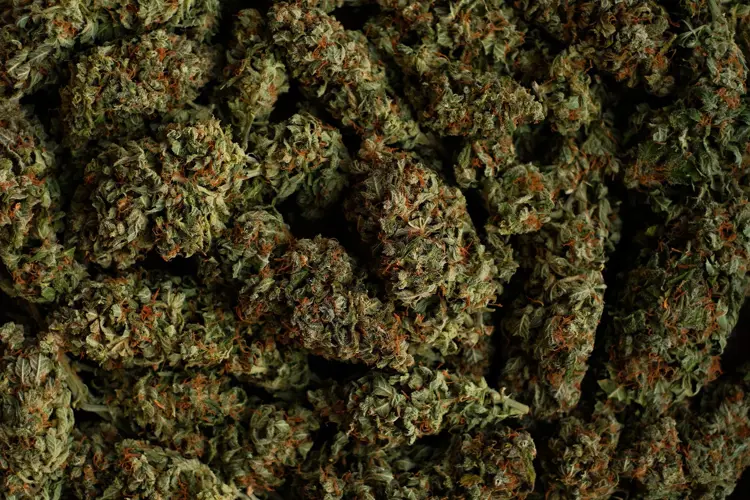
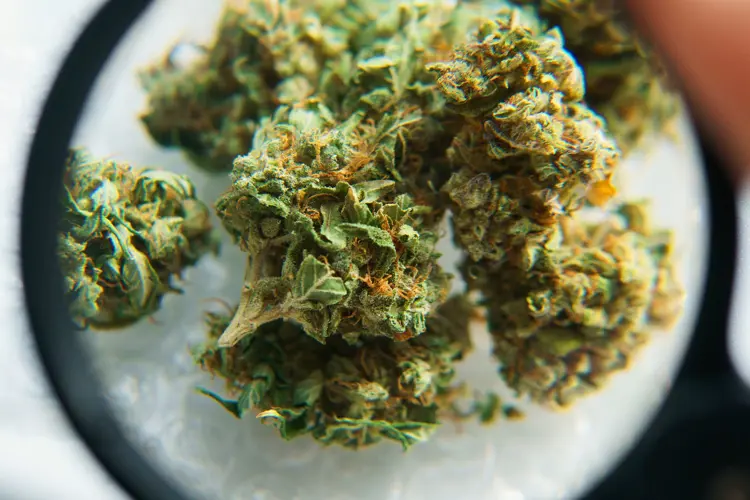
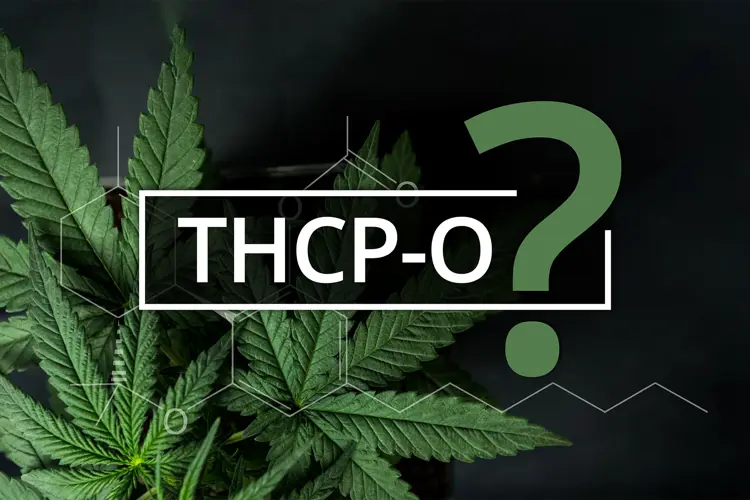
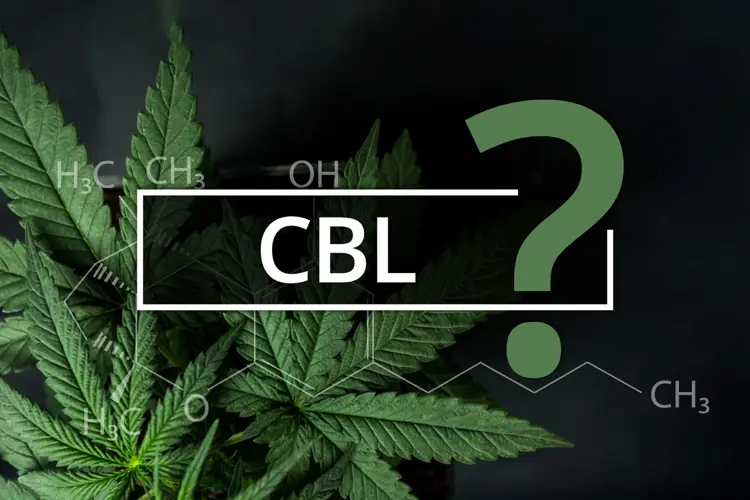
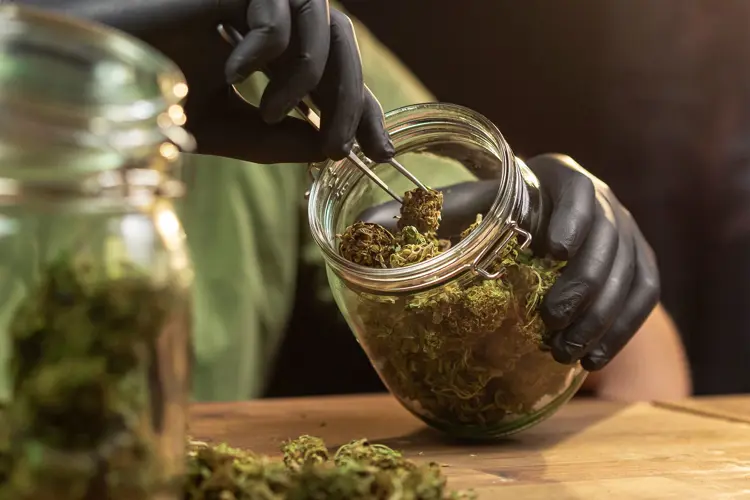
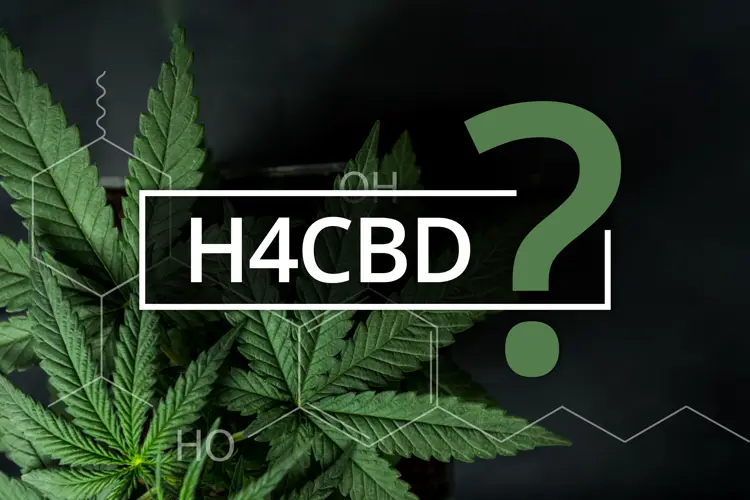
![Image for What Is THC-JD? Legality, Effects, Potency Explored [Update]](https://media.vaping360.com/images/what-is-thc-jd-thumbnail-20a40b517a.webp?imageType=Standard)
